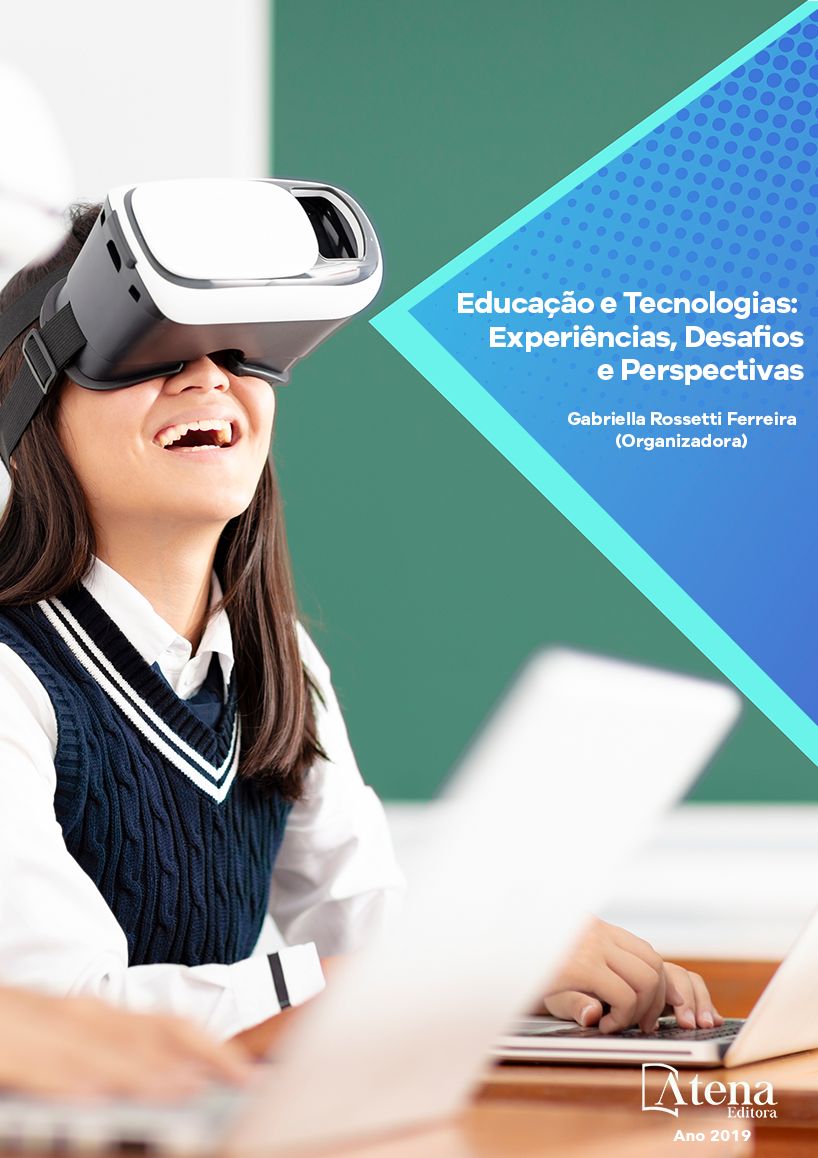
O Letramento Digital e a Educação a Distância: Potencialidades para a Inclusão Social
Este artigo tem como tema central
a relação entre letramento digital, educação a
distância (EAD) e inclusão social. Pretendese
analisar a importância do letramento na
sociedade atual como instrumento de inclusão
social e democratização do conhecimento,
por meio da EAD, bem como problematizar
se as práticas de letramento digital da EAD
podem, de fato, se constituir em mecanismos
de inclusão social e digital. Para o alcance do
objetivo proposto, utilizou-se como metodologia
a pesquisa bibliográfica, qualitativa e de caráter
exploratório, baseando-se em autores como
Buzato (2006), Coscarelli (2011), Rojo (2009),
Soares (2002 e 2004) e Street (2013), dentre
outros. Como conclusão, o estudo aponta que,
embora apresentando limitações, as práticas
de letramento digital realizadas por meio da
EAD podem se configurar como mecanismos
capazes de enfrentar o analfabetismo e permitir
a inclusão social, exigindo dos educadores
uma reflexão mais ampla, que englobe o
repensar dos próprios conceitos de educação
e tecnologia.
O Letramento Digital e a Educação a Distância: Potencialidades para a Inclusão Social
-
DOI: 10.22533/at.ed.71519170418
-
Palavras-chave: Letramento digital, educação a distância, inclusão social.
-
Keywords: Digital literacy, distance education, social inclusion.
-
Abstract:
This article focuses on the relation
between digital literacy, distance education
(EAD in Portuguese) and social inclusion. It is
intended to analyze the importance of literacy
in the contemporary society as an instrument
of social inclusion and democratization of
the knowledge, through EAD, as well as to
problematize if the digital literacy practices
can, in fact, develop mechanisms of social
and digital inclusion. In order to reach the
proposed object, the methodology used was
the bibliographical, qualitative and exploratory
researches, based on authors such as Buzato
(2006), Coscarelli (2011), Rojo (2009), Soares
(2002 e 2004) e Street (2013), among others. As
a conclusion, the study points out that, although
presenting limitations, the practices of digital
literacy performed by EAD can be considered
instruments able to fight illiteracy and to allow
social inclusion, demanding a broader reflection
from educators, which encompasses rethinking
the very concepts of education and technology
-
Número de páginas: 15
- Daniela de Oliveira Pereira


